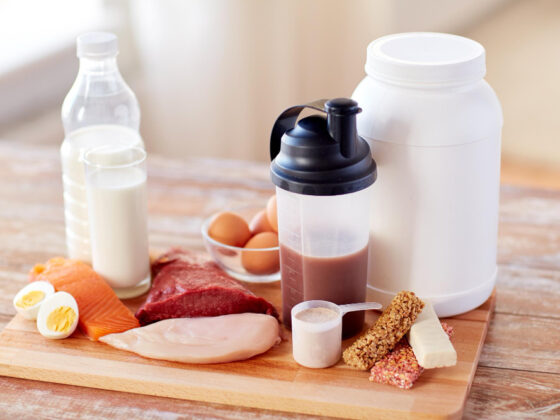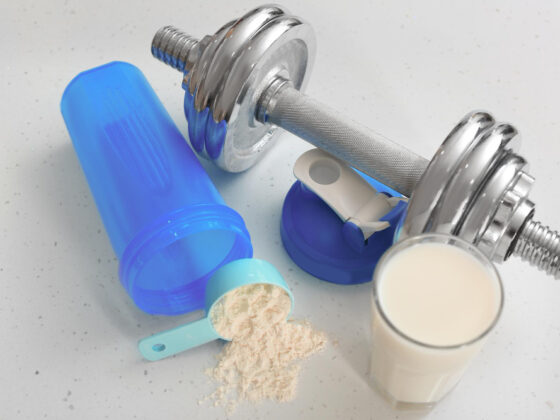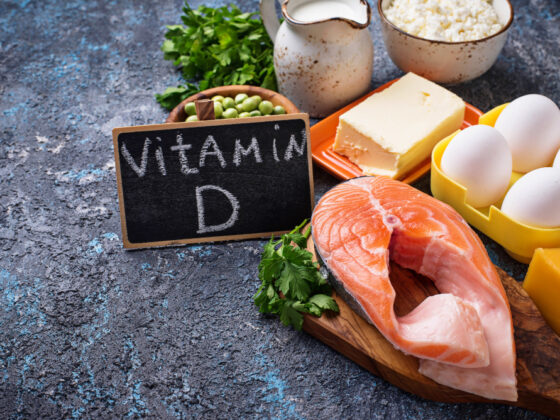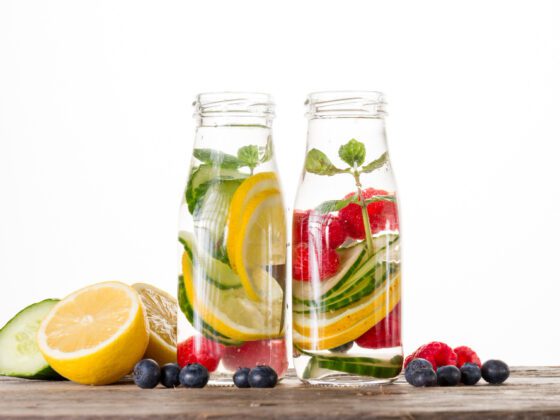Table of Contents Show
✍️ AI is summarizing:
Struggling to fuel your marathon performance and reach your full potential? Discover essential marathon nutrition tips to optimize your energy levels, endurance, and overall race-day success.
Related post:
- Running Safely in Hot Weather: Essential Tips to Beat The Heat
- Tips for a Successful First Family Car Camping Trip
- Maximizing and Recovery of Running Performance and Glute Strength
Marathon nutrition: the crucial role of pre-race dinner
Your pre-race dinner plays a crucial role in your running performance. Whether you’re gearing up for a 5K, 10K, half marathon, or full marathon, the meal you eat the night before can significantly impact how you feel and perform on race day. Let’s dive into some expert tips from seasoned marathoners on what to eat the night before a race to help you cross the finish line strong.
Pre-race prep: marathon nutrition for a successful 5K

For a 5K race, you don’t need to focus heavily on carb loading like you would for marathon nutrition. However, it’s still important to have a simple and balanced meal. Opt for easy-to-digest carbohydrates like potatoes and rice, and add some lean protein like chicken breast or tofu.
- Snacks: If you need a light snack before bed, consider a piece of fruit like a banana, a small handful of nuts, or a yogurt.
- Drinks: Hydration is key, so make sure you’re drinking enough water. You might also add an electrolyte drink to maintain balance, especially if you’ve been sweating during your training.
Marathon nutrition: fueling your 10K success
When preparing for 10K, your meal plan doesn’t differ much from a 5K. A balanced dinner with carbs and lean protein is sufficient. Consider adding a bedtime snack for extra energy.
- Snacks: A toast with peanut butter and sliced banana, or a small bowl of oatmeal with honey and berries.
- Drinks: Keep an eye on your hydration levels with water and electrolyte drinks. Herbal tea can also be a relaxing option before bed. Avoid teas with caffeine in them.
Marathon nutrition: fueling your half marathon

For a half marathon, carb loading becomes crucial. Aim to consume 8–12 grams of carbohydrates per kilogram of body weight daily for one to two days before the race. Good carb sources include potatoes, pasta, and fresh bread. It’s also beneficial to include a decent amount of protein to aid muscle recovery.
- Snacks: Some great snack options include a banana with almond butter, a small smoothie made with fruit and yogurt, or rice cakes with honey and almond butter.
- Drinks: Hydration remains essential, so continue to drink plenty of water and include electrolyte drinks. Coconut water can be a good natural option for electrolytes.
Pre-race marathon nutrition: what to eat
Preparing for a full marathon requires careful attention to your marathon nutrition in the days leading up to the race. Carb loading is essential to ensure your glycogen stores are fully stocked. Focus on simple, refined carbohydrates such as white rice, potatoes, bread, fruit juice, and even chocolates. These carbs help provide the energy needed to avoid “hitting the wall” during the marathon.
- Snacks: Try a combo of pita bread with hummus, dried fruit like apricots or raisins, or an energy bar that you know sits well with your stomach.
- Drinks: Remember to stay hydrated and include electrolyte drinks to maintain balance. Some runners also prefer sipping on sports drinks or diluted fruit juice.
Marathon nutrition mistakes: foods and drinks to skip

Avoid fried or processed foods, as they can cause digestive issues. Also, steer clear of alcohol and excessive caffeine, which can dehydrate you. Stick to familiar foods that you know your body tolerates well.
- Heavy or spicy foods: Avoid foods that are difficult to digest, as they can cause digestive discomfort and slow you down. Stick to lighter choices.
- Excessive caffeine: Caffeine can provide a temporary energy surge, but excessive consumption can lead to anxiety and dehydration. It’s advisable to moderate your caffeine intake in the days before your race.
- New foods: Minimize the risk of digestive upset by avoiding unfamiliar foods before a race. Stick to what you’ve tried and tested in your training.
- Alcohol: Alcohol can disrupt your sleep and hydration levels. It’s best to avoid it in the days leading up to the race.
- Overloading carbs: Carbohydrates are essential for fueling your body during a race, but too much can cause digestive discomfort. Maintain a balanced diet rich in fruits, vegetables, and whole grains to support your overall health and performance.
- Neglecting hydration: Dehydration can seriously affect your race performance. Make sure you drink plenty of water in the days before the race to avoid feeling thirsty.
- Ignoring electrolytes: Sweat can drain your body of electrolytes, which are crucial for proper muscle function. To replenish your electrolyte levels, consider incorporating a sports drink or electrolyte supplement into your hydration routine.
By avoiding these common mistakes and focusing on a well-balanced diet, you can optimize your marathon nutrition and improve your chances of success.
Key takeaways for marathon nutrition
The night before your race, prioritize a balanced meal that incorporates easily digestible carbohydrates and lean proteins. The specific composition of this meal can vary depending on the distance you’ll be running. For shorter distances, a lighter meal might suffice, while longer races may require a more substantial meal.
Regardless of the distance, focus on foods that are easily digested and provide sustained energy. Complement your meal with healthy snacks throughout the evening and stay hydrated with water and electrolyte drinks. By carefully planning your pre-race nutrition, you’ll be better prepared to tackle your race and achieve your running goals.
Conclusion
Optimize your marathon performance by prioritizing marathon nutrition. Fuel up with carbs and proteins, stay hydrated, and replenish electrolytes. Experiment to find what works best for you. With careful planning and a focus on fueling your body appropriately, you’ll be ready to conquer your marathon and achieve your goals. Follow our official Facebook page now to receive more interesting information.













Your point of view caught my eye and was very interesting. Thanks. I have a question for you.
I don’t think the title of your article matches the content lol. Just kidding, mainly because I had some doubts after reading the article.
Your point of view caught my eye and was very interesting. Thanks. I have a question for you. https://www.binance.com/ar/register?ref=V2H9AFPY